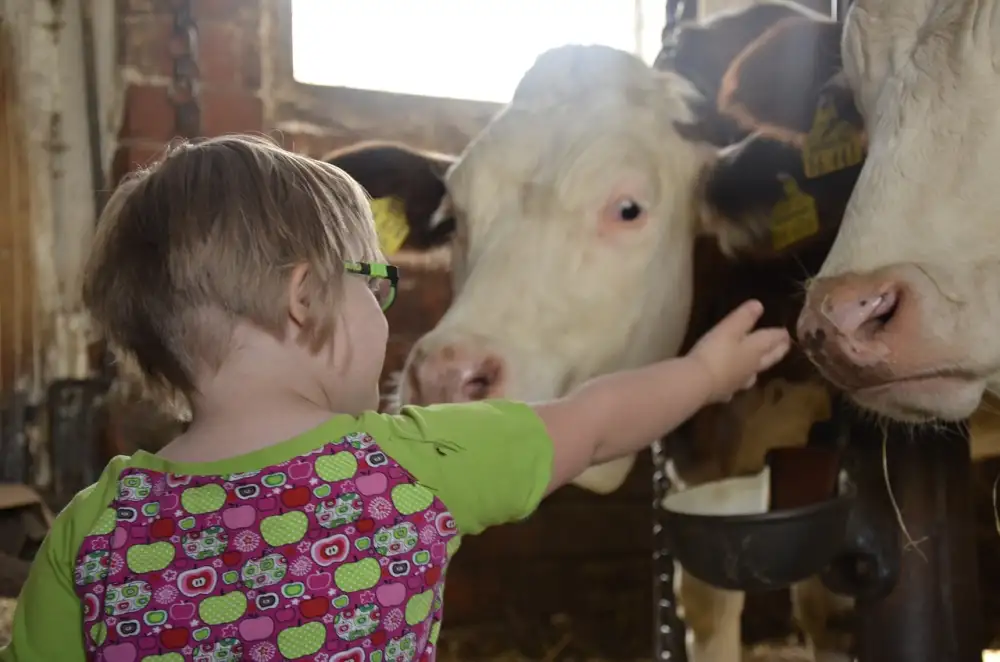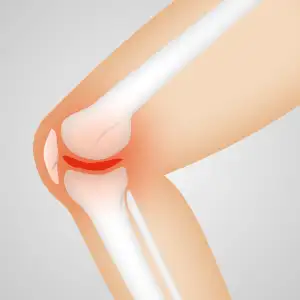Unlocking the Mysteries of Up Syndrome: A Journey of Understanding and Empathy

- Exploring the concept of "Up Syndrome" and its potential impact on individuals
- Understanding the similarities and differences between "Up Syndrome" and Down Syndrome
- The portrayal of "Up Syndrome" in popular culture, including movies and books
- Examining the potential benefits and challenges of raising awareness about "Up Syndrome"
- Promoting inclusivity and acceptance for individuals with "Up Syndrome"
- Resources and support available for individuals and families affected by "Up Syndrome"
"Introduction to "Up Syndrome" and its relevance to Down Syndrome:
When we think of genetic disorders, Down Syndrome often comes to mind. However, there is another lesser-known condition called "Up Syndrome" that deserves our attention. While it may sound similar to Down Syndrome, "Up Syndrome" is a term used to describe individuals who exhibit exceptional abilities and talents.
Just like Down Syndrome, "Up Syndrome" is caused by an extra chromosome. However, instead of the 21st chromosome being affected as in Down Syndrome, it is the 22nd chromosome that undergoes a unique alteration in "Up Syndrome". This alteration leads to an increase in cognitive abilities and heightened sensory perception.
Understanding the concept of "Up Syndrome" not only sheds light on the diversity within the realm of genetic disorders but also challenges our preconceived notions about disabilities. By exploring this condition further, we can gain a deeper understanding of human potential and the remarkable capabilities that lie within every individual."
Exploring the concept of "Up Syndrome" and its potential impact on individuals
"Exploring the concept of "Up Syndrome" reveals a unique perspective on individuals with intellectual disabilities. Unlike Down Syndrome, which is caused by an extra copy of chromosome 21, Up Syndrome is characterized by an extra copy of chromosome 23. This additional genetic material can lead to various physical and cognitive differences in affected individuals. The potential impact of Up Syndrome on individuals can vary widely, ranging from mild developmental delays to more significant challenges in areas such as speech and motor skills. Understanding these potential impacts is crucial in providing appropriate support and resources for individuals with Up Syndrome."
Understanding the similarities and differences between "Up Syndrome" and Down Syndrome
Understanding the similarities and differences between "Up Syndrome" and Down Syndrome is crucial in gaining a comprehensive understanding of these conditions. While both syndromes are genetic disorders that affect individuals from birth, there are distinct characteristics that set them apart.
Down Syndrome is caused by the presence of an extra copy of chromosome 21, resulting in physical and intellectual disabilities. Individuals with Down Syndrome often exhibit certain facial features, such as almond-shaped eyes and a flat nasal bridge. They may also experience developmental delays, speech difficulties, and have an increased risk for certain health issues.
On the other hand, "Up Syndrome" is a fictional term used to highlight the positive aspects of individuals with Down Syndrome. It emphasizes their unique abilities, strengths, and potential rather than focusing solely on their challenges. The term "Up Syndrome" aims to shift the narrative surrounding Down Syndrome from one of limitation to one of empowerment.
While "Up Syndrome" is not a medically recognized term or condition, it serves as a reminder to celebrate the achievements and capabilities of individuals with Down Syndrome. It encourages society to view them through a lens of inclusivity and acceptance, promoting equal opportunities for all.
By understanding the similarities between these two conditions, we can appreciate the shared experiences faced by individuals with Down Syndrome and those who care for them. However, it is important to recognize that each individual's journey is unique. Embracing this diversity allows us to foster empathy and create an inclusive society where everyone feels valued and supported.
The portrayal of "Up Syndrome" in popular culture, including movies and books
The portrayal of "Up Syndrome" in popular culture has been limited, with a lack of representation in movies and books. However, there are a few notable exceptions that have shed light on this condition. One such example is the film "The Upside", which tells the story of a wealthy quadriplegic man who hires a caregiver with "Up Syndrome". This heartwarming movie explores the challenges and triumphs faced by individuals with "Up Syndrome" and highlights their unique abilities and contributions to society. While more representation is needed, these portrayals serve as important steps towards raising awareness and promoting inclusivity for individuals with "Up Syndrome".
Examining the potential benefits and challenges of raising awareness about "Up Syndrome"
Examining the potential benefits and challenges of raising awareness about "Up Syndrome" is crucial in fostering a more inclusive society. By increasing awareness, we can promote understanding and empathy towards individuals with "Up Syndrome". This can lead to greater acceptance, opportunities, and support for them. However, challenges may arise as misconceptions and stereotypes need to be addressed. Nonetheless, the benefits of raising awareness far outweigh the challenges, as it paves the way for a more inclusive and compassionate world.
Promoting inclusivity and acceptance for individuals with "Up Syndrome"
Promoting inclusivity and acceptance for individuals with "Up Syndrome" is crucial in creating a more compassionate society. By educating ourselves about the condition and challenging misconceptions, we can foster an environment that celebrates diversity. It is essential to provide equal opportunities for individuals with "Up Syndrome" to participate fully in all aspects of life, whether it be education, employment, or social interactions. Through empathy and understanding, we can break down barriers and create a world where everyone feels valued and accepted for who they are.
Resources and support available for individuals and families affected by "Up Syndrome"
There are numerous resources and support available for individuals and families affected by "Up Syndrome". Organizations such as the Up Syndrome Foundation provide information, advocacy, and support services. They offer educational materials, workshops, and conferences to empower individuals with Up Syndrome and their families. Additionally, online communities and support groups connect individuals facing similar challenges, providing a platform for sharing experiences and offering emotional support. These resources play a vital role in ensuring that individuals with Up Syndrome receive the necessary assistance to thrive and lead fulfilling lives.
In conclusion, it is essential for society to embrace diversity and celebrate the uniqueness of every individual, including those with "Up Syndrome". By understanding and empathizing with individuals affected by this condition, we can create a more inclusive and accepting world. Let us appreciate the strengths and abilities of individuals with "Up Syndrome" and provide them with the support they need to thrive. Together, we can build a society that values diversity and celebrates the beauty of every person's journey.
Published: 17. 12. 2023
Category: Health



